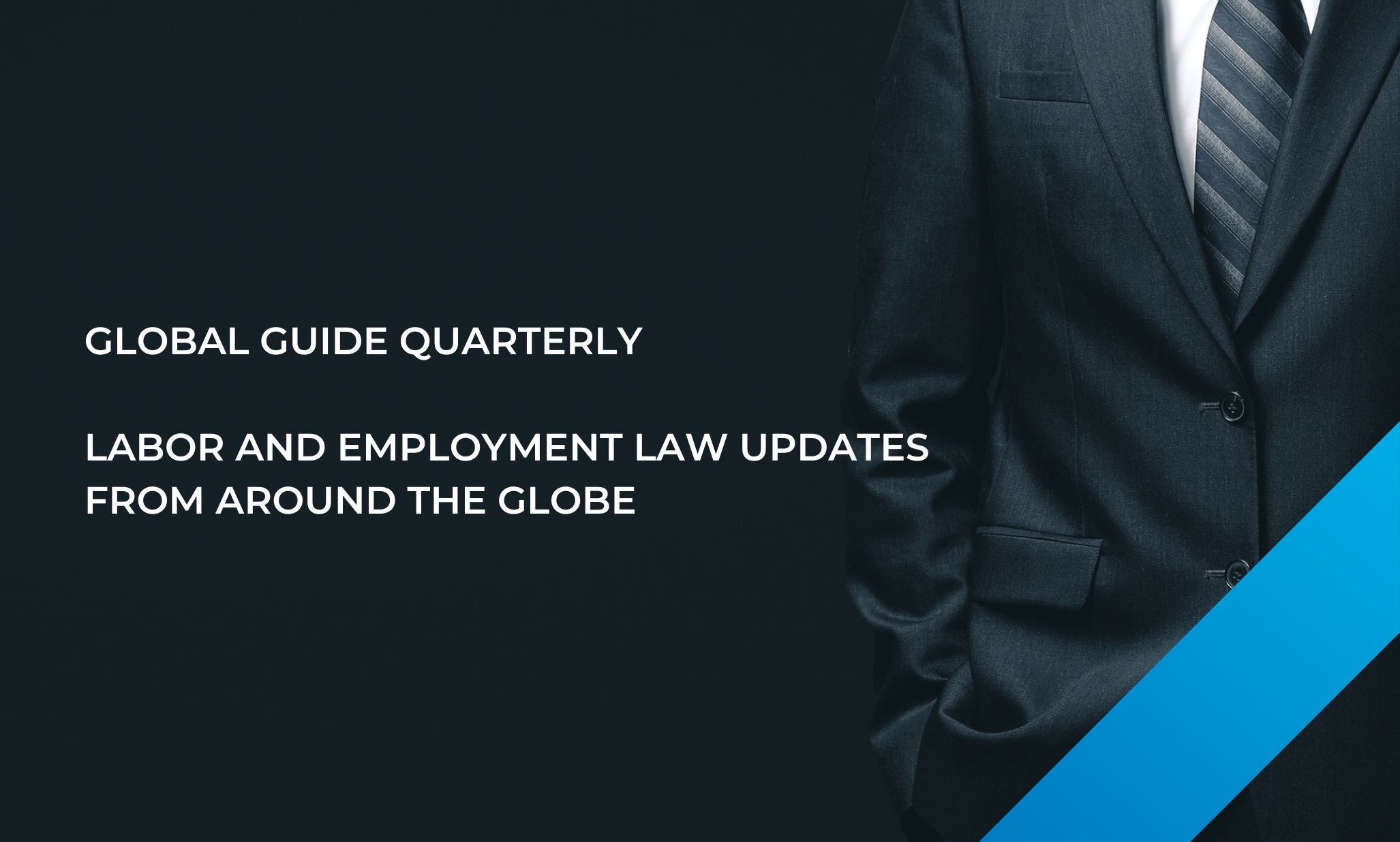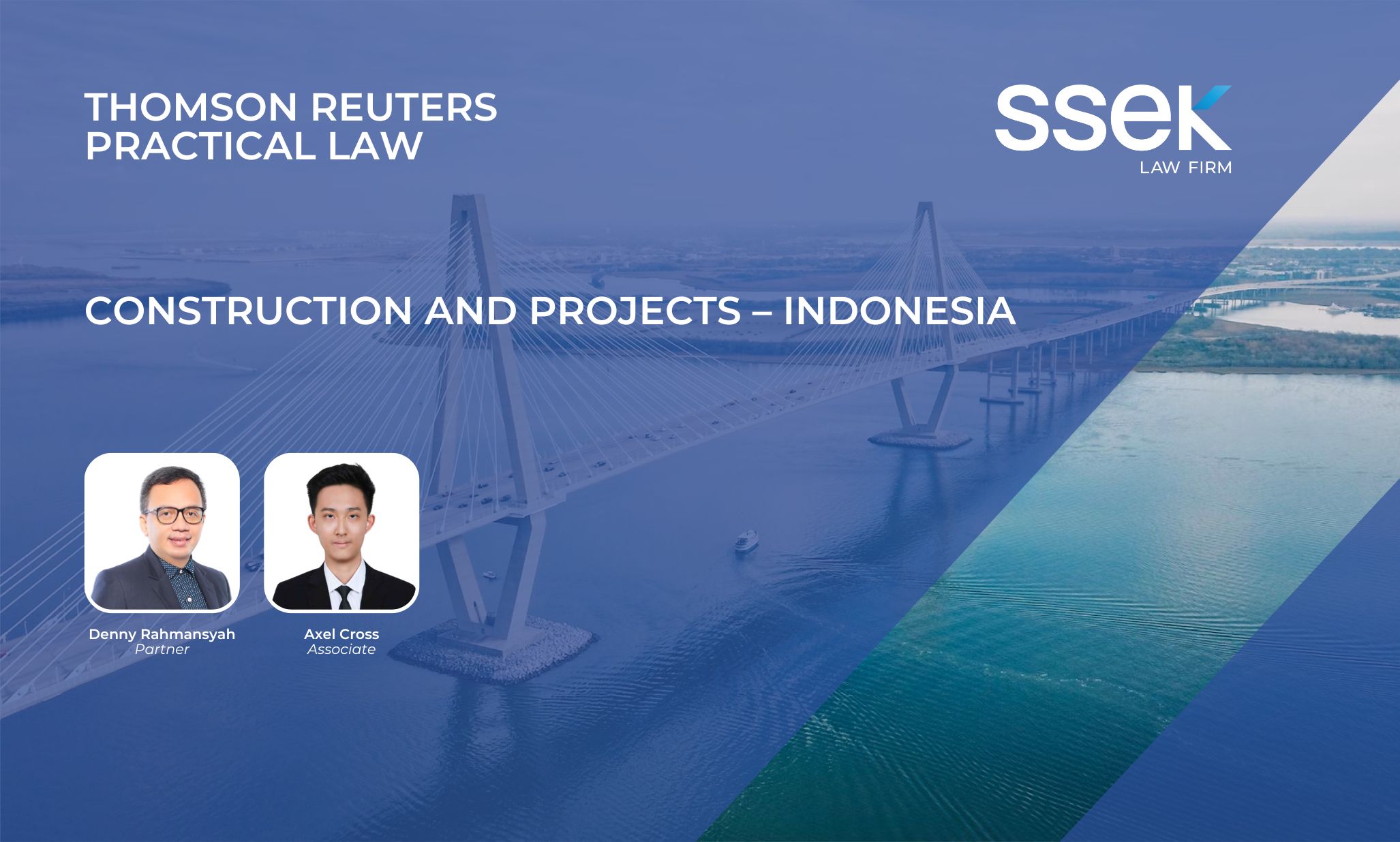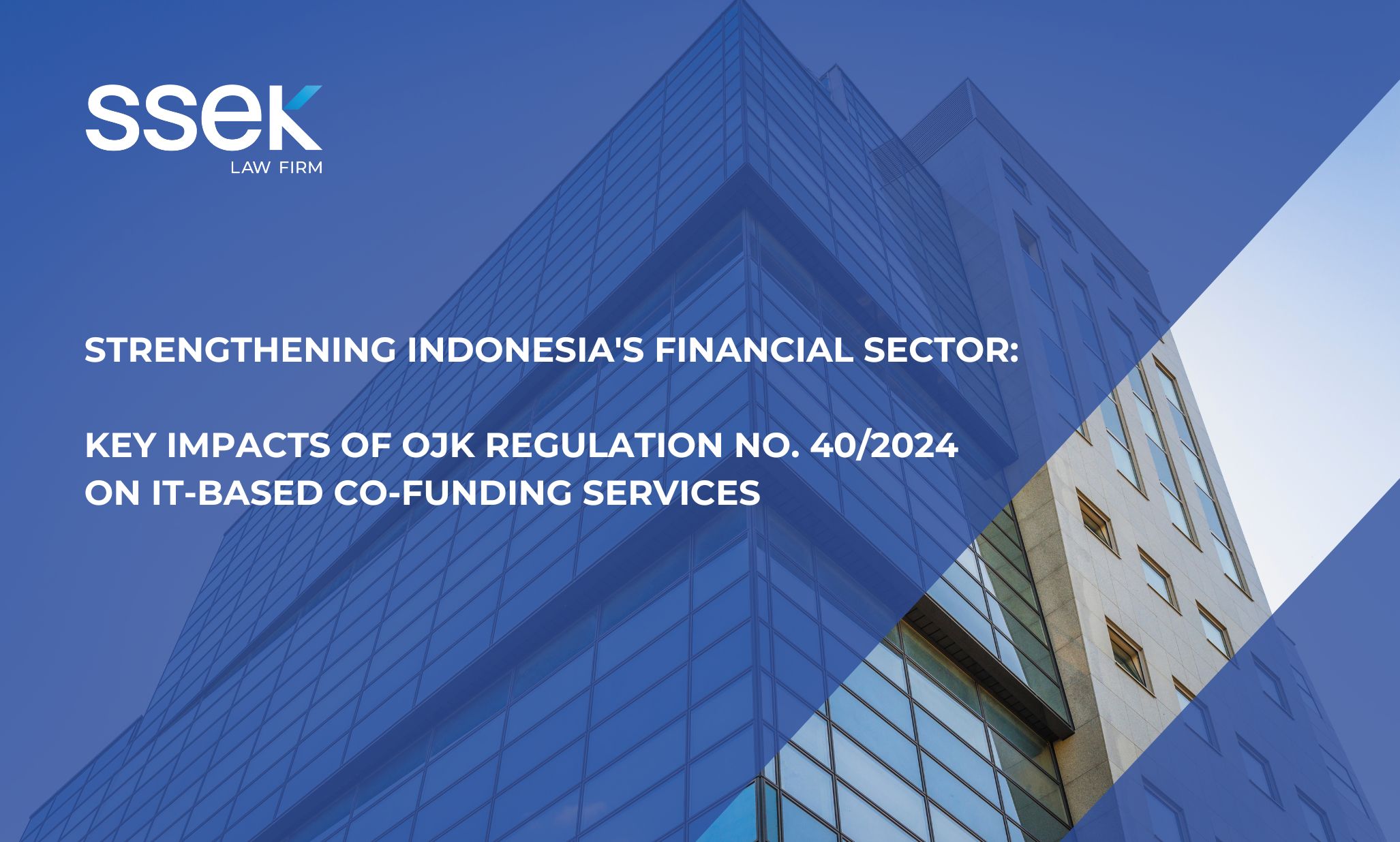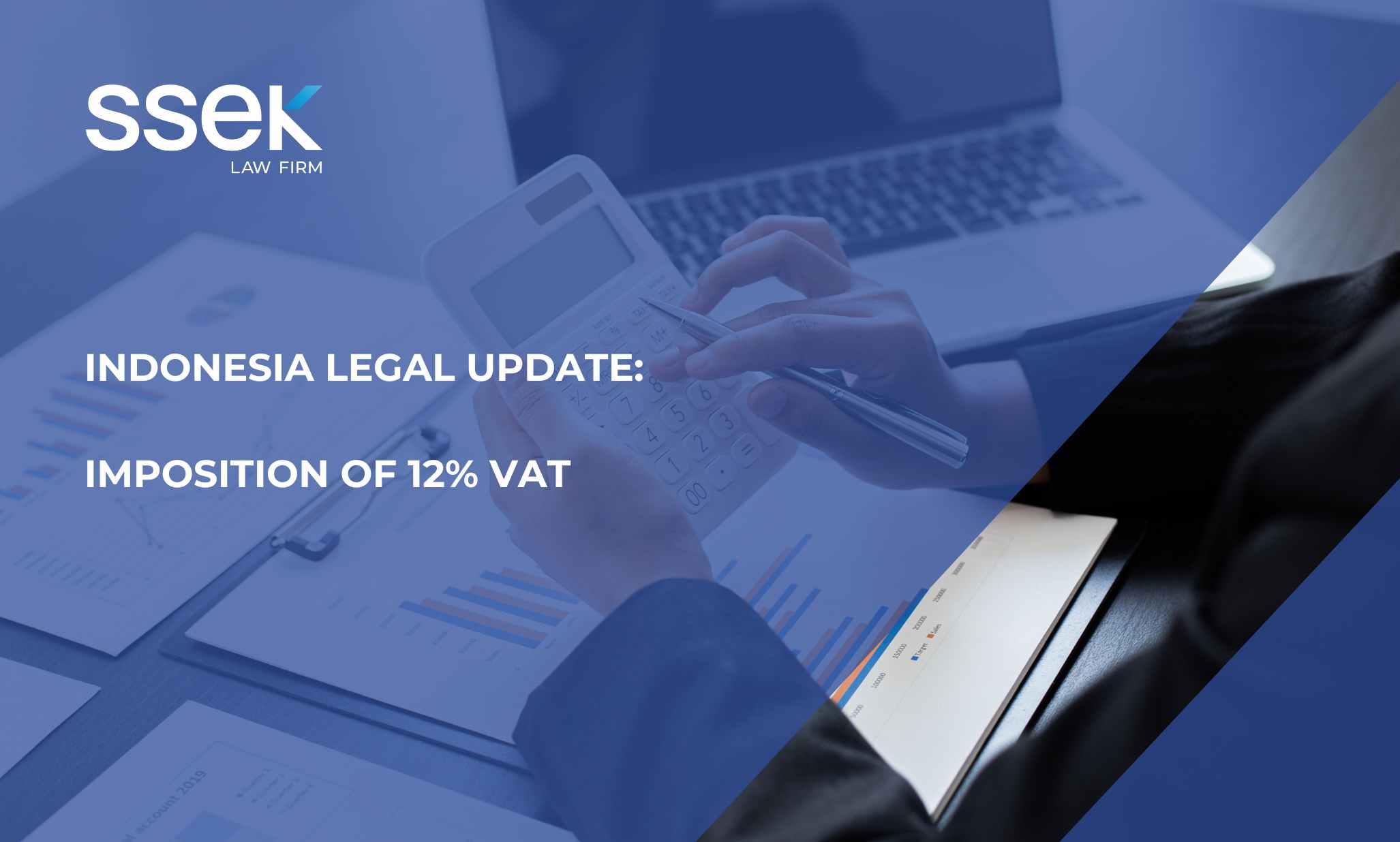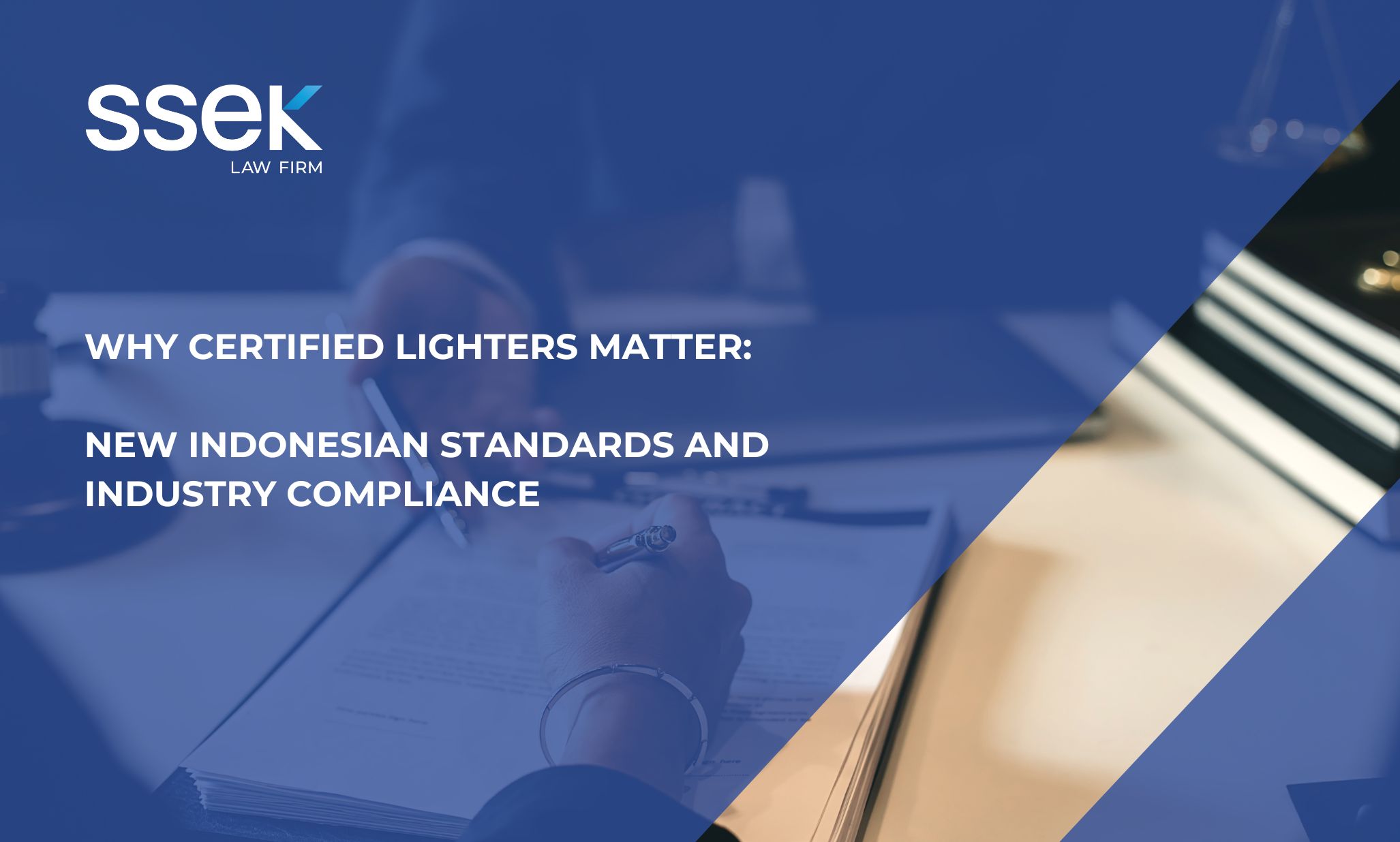

According to reports and anecdotal evidence, many players in the Indonesian upstream oil and gas industry consider the latest form of Production Sharing Contract ("PSC") using the gross split mechanism less attractive than the cost recovery PSC. So, in an effort to attract new investors and maintain existing investors, the Minister of Energy and Mineral Resources ("MEMR") has granted some flexibility to adopt either of the two mechanisms.
This step was realized through the enactment of the third amendment to MEMR Regulation No. 8 of 2017 regarding Gross Split PSC. That third amendment, MEMR Regulation No. 12 of 2020 ("MEMR Reg. 12/2020"), came into force on July 16, 2020.
The key provisions of MEMR Reg. 12/2020 are as follows:
MEMR's Determination of the Form of Cooperation Contract
Under MEMR Reg. 12/2020, the MEMR shall determine the form and key provisions of a cooperation contract that will be enforced for a working area. In its determination, the MEMR is required to consider the level of risk, investment climate and maximum benefit for the state. The MEMR may determine one of the following forms of cooperation contract:
a. Gross Split PSC;
b. Cost Recovery PSC; or
c. Other cooperation contract.
Whichever form of cooperation contract is chosen, the following provisions at least must be included:
a. ownership of natural resources shall remain with the Government until the point of delivery;
b. control of operation management shall remain with the Special Task Force for Upstream Oil and Gas Business Activities (SKK Migas); and
c. capital and risks are borne entirely by the PSC Contractor.
Flexibility to Choose Between Gross Split and Cost Recovery
New Working Areas
Previously, working areas still in the tender process where no PSCs had been executed were required to adopt the gross split mechanism. MEMR Reg. 12/2020 has removed this provision, which should be interpreted as allowing these new working areas to adopt cost recovery, gross split or other cooperation contracts, depending on the determination of the MEMR. This is also the case if Pertamina or its affiliates are appointed to manage these new working areas where the MEMR shall determine the form of its cooperation contract.
As mentioned above, the MEMR's determination must consider the level of risk, investment climate and maximum benefit for the state. Previously, if Pertamina or its affiliates were appointed to manage new working areas, they were required to adopt the gross split mechanism.
Working Areas with Expiring PSCs
Previously, working areas with expiring PSCs that were not extended were required to adopt the gross split mechanism. However, for PSCs that were extended, the Government could choose between maintaining the previous form of PSC or shifting to gross split. MEMR Reg. 12/2020 has removed these provisions altogether, which should be interpreted as allowing the Government to determine either to adopt a gross split PSC, cost recovery PSC or other form of cooperation contract, whether or not the expiring PSC is extended.
Existing PSCs
Existing PSCs executed prior to the enactment of MEMR Reg. 12/2020 shall be valid until their expiration. MEMR Reg 12/2020 still contains the option for existing cost recovery PSCs to convert to gross split. If this option is exercised the incurred and non-recovered operational costs of these cost recovery PSCs shall be calculated as an additional split to the PSC Contractor's share.
MEMR Reg. 12/2020 does not grant existing gross split PSCs the option to shift to cost recovery.
Conclusion
While determining the form of PSC is still in the hands of the MEMR, MEMR Reg. 12/2020 provides additional flexibility to use the cost recovery mechanism or other form of cooperation contract in addition to the gross split mechanism. It is worth noting that under this regulation, the MEMR reserves the right ultimately to determine the form of cooperation contract by considering the level of risk, investment climate and maximum benefit for the state.
This publication is intended for informational purposes only and does not constitute legal advice. Any reliance on the material contained herein is at the user's own risk. All SSEK publications are copyrighted and may not be reproduced without the express written consent of SSEK.




